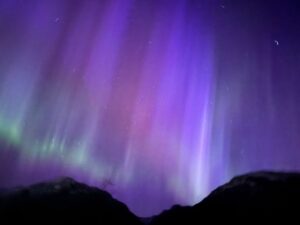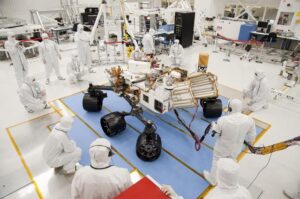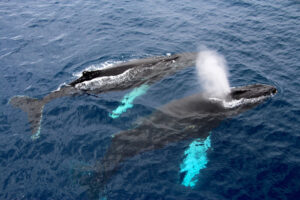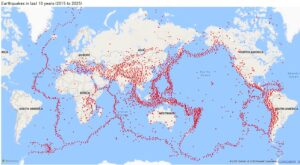Quick: What time is it?
An easy enough question to answer on Earth, but if you happen to be orbiting or driving a vehicle around on the moon, it’s complicated. That’s because every lunar mission works off the time zone of its operating country.
And while that hasn’t led to any major goofs — yet — the European Space Agency (ESA) knows that with all the upcoming fun on the lunar horizon, it’s only a matter of time until multiple missions operating in different time zones cause a problem.
That’s why the agency sprang into action during a Nov. 2022 meeting by agreeing to agree on a solution at some point in the future, then releasing the news of that agreement four months later.
“During this meeting…we agreed on the importance and urgency of defining a common lunar reference time, which is internationally accepted and toward which all lunar systems and users may refer,” Javier Ventura-Traveset, ESA’s Moonlight Navigation Manager, said in a Feb. 27 statement. “A joint international effort is now being launched toward achieving this.”
The first step, according to the AP, is to decide which space agency or organization should set and maintain lunar time. The ESA did not provide a time frame for that decision.
The problems with lunar time
In fairness to the ESA, solving the lunar time issue isn’t easy. For one thing, clocks move faster on the moon than on earth, for gravity-related reasons drawn from a certain theory of relativity.
And not only do clocks move faster on the moon, but they also move at different speeds depending on which part of the moon those clocks are located. Which…just don’t think about it too hard, okay?
In any case, Jorg Hahn, ESA’s chief Galileo engineer, hopes to reapply lessons learned while setting up Global Navigation Satellite Systems (GNSS). This is the tech that lets your phone know where you are and what time it is.

An artist’s rendering of a moon colony from NASA’s early days. Establishing time zones on the moon could come in handy for future colonists. Don’t get depressed about bad office furniture following us into the heavens, though. Illustration: Rick Guidince/NASA
Lunar time zones
Another option could be to establish time zones on the moon, according to Nature. Times zones might be useful when the moon is eventually colonized (especially if those colonists are from Arizona).
Whatever the solution, it must be easy enough for astronauts to keep up with. And the neat part is, unraveling timekeeping issues is an exploration tradition that goes back to the original long-distance seafarers.
“Throughout human history, exploration has actually been a key driver of improved timekeeping and geodetic reference models,” Ventura-Traveset said. “It is certainly an exciting time to do that now for the Moon.”






